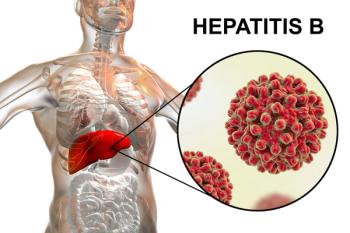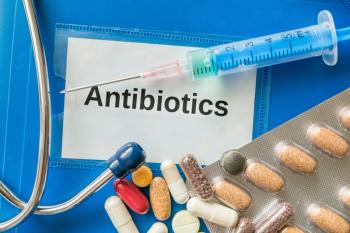
Exploring the Link Between Low Socioeconomic Status and Risk of Invasive Pneumococcal Disease
Active tobacco use and BMI were inversely related to the risk of developing IPD.
Lower socioeconomic status is associated with an increased risk of acquiring invasive pneumococcal disease (IPD), according to research presented at the 2023 American Thoracic Society International Conference, held from May 19 to 24 in Washington, DC.1
Although infection with streptococcus pneumoniae remains common, IPD is less prevalent. In 2019, there were 2 cases per 100,00 people, according to the CDC.2 However, the association between socioeconomic status and IPD in hospitalized adults is still not clearly understood.
Investigators conducted a study to explore the association between socioeconomic status and the risk of developing IPD. After controlling for individual demographic information, a logistic regression analysis was performed to assess if the census block-linked area deprivation index (ADI) is associated with IPD.
Data was gathered from electronic medical records of a large tertiary medical center from between 2010 and 2019. The study cohort included 272 hospitalized patients who had a streptococcus pneumoniae-positive culture. Demographic information, smoking history and BMI were all analyzed.
Investigators found that areas within certain states that had more disadvantages were correlated with a higher risk of developing IPD. The increased risk was independent of age, gender, or race. Additionally, active tobacco usage and BMI were inversely related to the risk of developing IPD.
“In summary, lower socioeconomic status (ie, higher AD) is linked to a higher risk of acquiring IPD, the most severe form of Streptococcus pneumoniae infection,” the authors concluded. “Understanding how lower socioeconomic status is linked to a higher risk of pneumococcal disease can provide potential targets to reduce the disease burden.”
References
1. He C, Minassian D, Dong C, Shan L. Low Socioeconomic Status Is Linked to Increased Risk of Invasive Pneumococcal Disease. Presented at: American Thoracic Society International Conference; May 19-24, 2023; Washington, DC. Poster 4624.
2. Pneumococcal Disease Surveillance and Reporting. CDC. September 1, 2020. Accessed May 18, 2023. https://www.cdc.gov/pneumococcal/surveillance.html
Newsletter
Pharmacy practice is always changing. Stay ahead of the curve with the Drug Topics newsletter and get the latest drug information, industry trends, and patient care tips.























